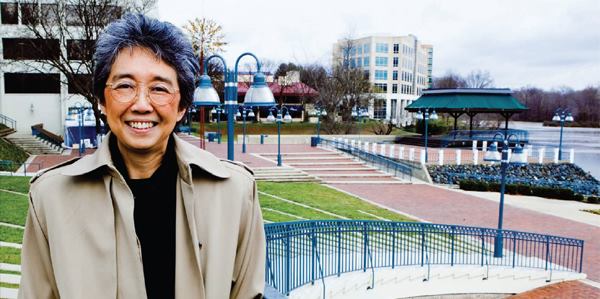By not having to rely on headquarters for guidance, Koo insists, Enterprise’s satellite offices will be market experts, offering decisive answers and approvals. On the Gulf Coast, they’re the experts on hurricane recovery. In the Midwest, they understand foreclosure prevention. “The decentralization of the company will bring more of a local flavor,” says Charles R. Werhane, current vice chairman and COO and incoming president and CEO of Enterprise Community Investment.
Koo’s bigger challenge, however, may be her desire to centralize the functions of both the nonprofit and for-profit arms. Instead of having one representative from Enterprise’s nonprofit group work with a client on grants and government programs and another from the for-profit side syndicate or handle tax credits, one individual will handle both sides of the transaction. She believes this change will make life easier for Enterprise’s partners. With one point of contact that is plugged into both the government programs and tax credit investors, they get access to a full range of funding options instead of having to go to different sources within Enterprise. “If we are running into barriers, we will bring government partners in to mitigate those risks as opposed to saying, ‘I’m sorry, we can’t do your deals,’” Koo says.
Such an approach has worked for Enterprise in limited circumstances in New York and California. “We’re taking the best models of how Enterprise has worked with our partners and replicating that across the country,” says Rafael E. Cestero, vice president and Eastern region executive for Enterprise Community Partners.
While such efficiencies could benefit Enterprise in the troubled economy, Harvey says he originally “punted” on the idea. Koo’s persuasive sales skills kicked into action, and she eventually sold him on it. Koo admits this integration will be a challenge, but she also recognizes that these changes are necessary. “Anytime you introduce a new culture, you meet with resistance,” she says.
Doom and Gloom
